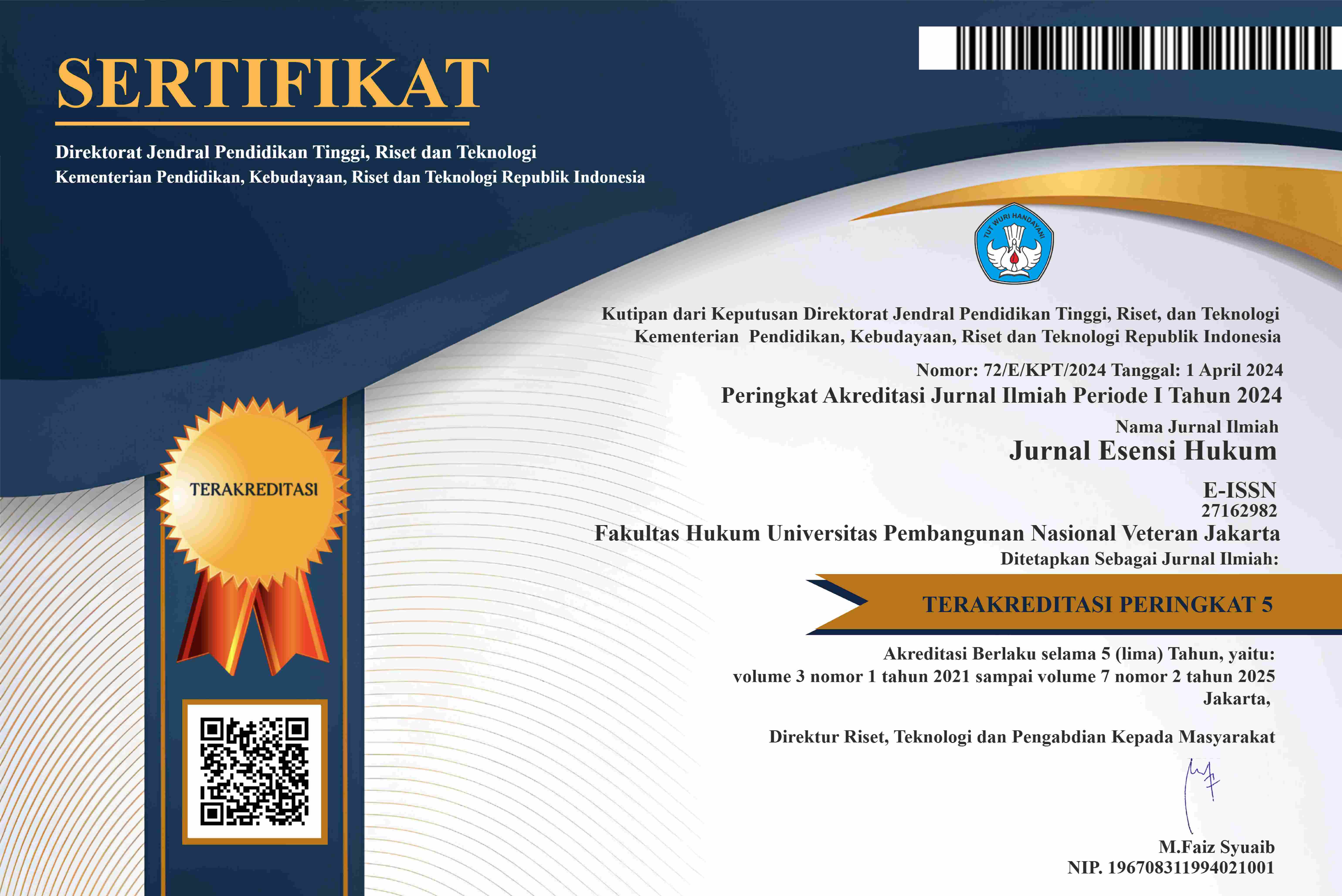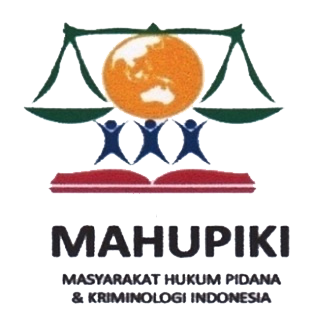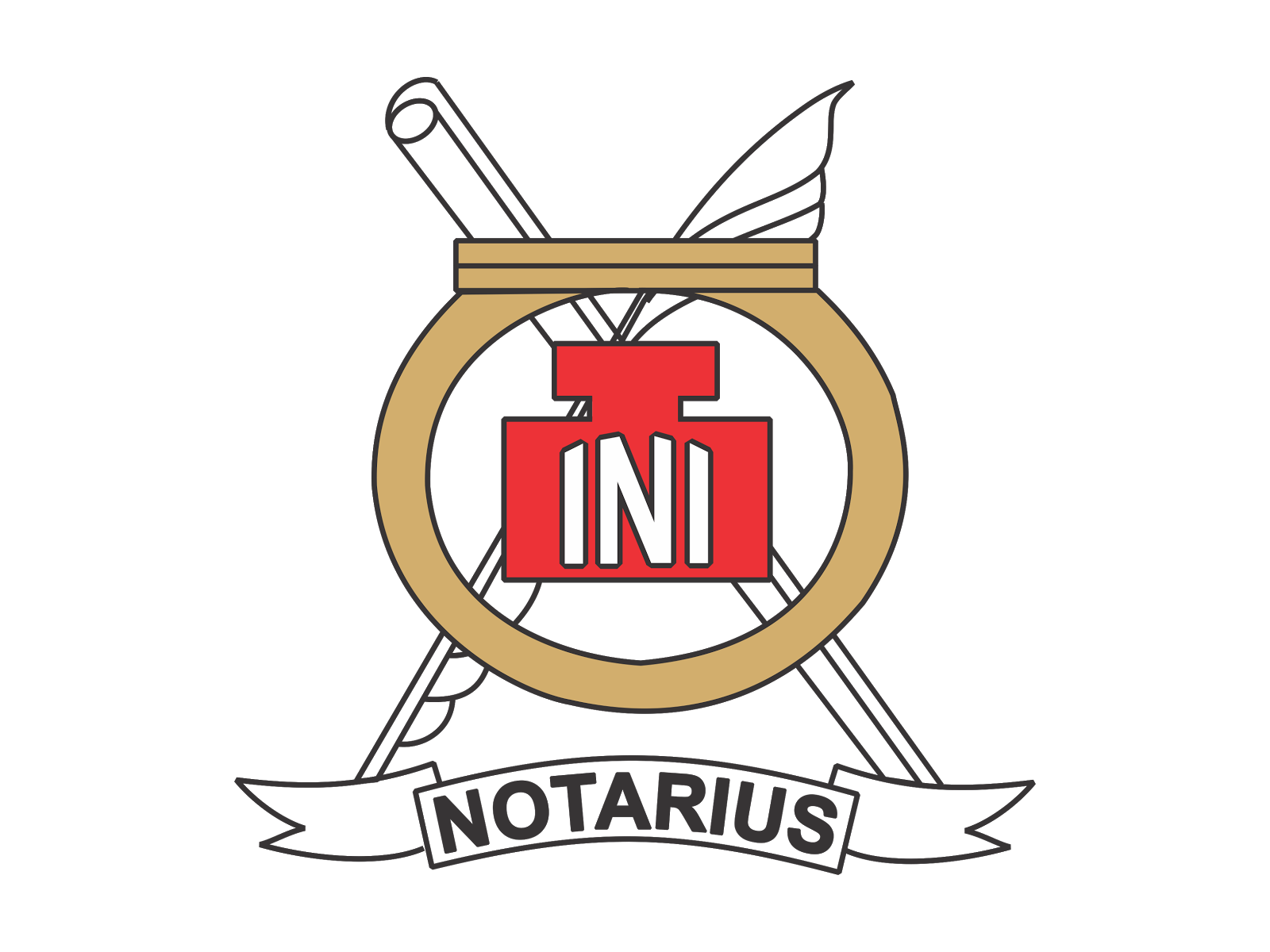PEMENUHAN HAK PENDIDIKAN TERHADAP PENYANDANG DISABILITAS DI KOTA BENGKULU
Abstract
In Indonesia, most people with disabilities live in vulnerable conditions. Persons with equal rights and opportunities to obtain a life that is prosperous, independent, and without discrimination, are required to have laws and regulations that can guarantee their implementation. Article 31 paragraph (1) of the 1945 Constitution of the Republic of Indonesia regulates that the right to education is a guaranteed human right. In practice, children with disabilities are very vulnerable to discriminatory treatment in obtaining their rights, especially the right to education. This is caused by the unequal physical or psychological conditions of children with disabilities. The conditions of people with disabilities vary, some have mental disabilities, physical disabilities, and a combination of mental and physical disabilities. In Bengkulu City, not all of the children with disabilities were able to receive education. Of the total, only half of the children were able to experience education services. This discourse questions about how the Bengkulu city government fulfills the right to education for children with disabilities, what are the obstacles faced by the government in fulfilling the education rights for children with disabilities. This paper presents the discourse by explaining it from a juridical-empirical perspective using a legal and social science approach. Where field studies will be carried out by conducting interviews. The right to education for persons with disabilities as contained in Article 10 of Law No. 8 of 2016 concerning Persons with Disabilities. In fulfilling the rights of children with disabilities, the Bengkulu city government provides assistance through a disability forum provided by the ministry managed by the social service where assistance is provided for nutrition and for child therapy which has been given for 3 consecutive years. Assistance provided by local governments to fulfill the rights of children with disabilities is hearing aids, rice and cash. The obstacles faced by the Bengkulu city government in fulfilling the rights of persons with disabilities are the lack of coordination between the provincial and city governments in fulfilling the rights of children with disabilities, school infrastructure facilities that are still not friendly to children with disabilities, buildings that are not yet feasible.
Downloads
References
Arni Surwanti dkk. (2016). Avokasi Kebijakan Prodi Sabilitas Pendekatan Partisipatif. Yogyakarta: Majelis Pemberdayaan Masyarakat Pimpinan Pusat Muhammadiyah
Didi Nazmi Yunas.1992. Konsepsi Negara Hukum. Padang: Angkasa Raya.
Eko Riyadi. (2017). Hukum Hak Asasi Manusia Perspektif Internasional,Regional, Dan Nasional. Depok: Rajawali Pers.
Eko Riyadi. 2021. Pelaksanaan Pemenuhan Hak Atas Aksesibilitas Pendidikan Tinggi Bagi Penyandang Disabilitas Di Yogyakarta. Jurnal Hukum Ius Quia Lustrum Faculty of law UII volume 28 issue 1. hlm. 2. doi.org/10.20885/iustum.vol28.iss1.art4
Fajri Nursyamsi et al.,(2015). Kerangka Hukum Disabilitas Di Indonesia: Menuju Indonesia Ramah Disabilitas: (Pusat Studi Hukum Dan kebijakan Indonesia cet.1.
Hamidi, J. (2016). Perlindungan Hukum terhadap Disabilitas dalam Memenuhi Hak Mendapatkan Pendidikan dan Pekerjaan. Jurnal Hukum IUS QUIA IUSTUM, 23(4), 652–671. https://doi.org/10.20885/iustum.vol23.iss4.art7
Hilmi Ardani Nasution; Marwandianto, “Memilih Dan Dipilih, Hak Politik Penyandang Disabilitas Dalam Kontestasi Pemilihan Umum: Studi Daerah Istimewah Yogyakarta,” Jurnal HAM 10, no. 3 (2019): hlm.166 DOI:10.30641/ham.2019.10.161-178
ILO. (2006). Kaidah ILO tentang Pengelolaan Penyandang Cacat di Tempat Kerja. ILO Publication. Jakarta, hlm. 3
Jazim Hamidi. (2016) “Perlindungan Hukum terhadap Disabilitas dalam Memenuhi Hak Mendapatkan Pendidikan dan Pekerjaan”, JH Ius Quia Iustum, Volume 23, Issue 4, Oktober 2016, h. 654
Jimly Asshiddiqie. (2019). Merawat dan Memenuhi Jaminan Hak Konstitusional Warga Negara. Jakarta: (Makalah dalam kegiatan Lokakarya Nasional Komnas Perempuan di, 19 Mei 2019), hlm. 1
Jimly Asshiddiqie. (2004). Konstitusi dan Konstitusionalisme Indonesia. Jakarta: Konstitusi Press.
Mahfud M.D. 2003. Demokrasi dan Konstitusi di Indonesia. Jakarta: Rineka Cipta cet.3
Majda Muhtaj. (2019). Dimensi-Dimensi Ham Mengurai Hak Ekonomi, Sosial dan Budaya. Jakarta: Raja Grafindo Persada.
Moh. Nazir. (2017). Metode Penelitian. Bogor: Ghalia Indonesia cet.11.
Muazza, Hadiyanto, Delvia, L Henny, Amirul Mukminin, Akhmad Habibi, dan Muhammad Sofwan. 2018. "Analisis Kebijakan Pendidikan Inklusi : Studi Kasus di Sekolah Dasar Jambi." Jurnal Kependidikan Vol. 2 No.1 1-2.
Ni’matul Huda. (2015). Hukum Tata Negara Indonesia. Jakarta: Rajawali Pers.
Pipi, Susanti. (2020). Implementasi Undang-Undang Nomor 13 Tahun 2011 Dalam Penanganan Fakir Miskin Di Bidang Pendidikan Dan Pelayanan Kesehatan. Jurnal Esensi Hukum. Volume 2 Nomor 2. Desember.2020. hlm. 5. doi: https://doi.org/10.35586/esensihukum.v2i2.36
Pipih Sopiah. (2010). Demokrasi di Indonesia, Nobel Edumedia, Jakarta, 2010, hlm. 6.
Redja Mudyahardjo. (2019). Pengantar Pendidikan, Sebuah Studi Tentang Dasar-Dasar Pendidikan Pada Umumnya dan Pendidikan di Indonesia. PT RajaGrafindo. Jakarta. hlm. 3.
Ridwan HR. (2016). Hukum Administrasi Negara. Jakarta: PT Raja Grafindo. hlm. 68
Peraturan Perundang-Undangan
Undang-Undang Dasar Republik Indonesia Tahun 1945
Undang-Undang Nomor 39 Tahun 1999 Tentang Hak Asasi Manusia
Undang-Undang Nomor 20 Tahun 2003 Tentang Sistem Pendidikan
Undang-Undang Nomor 23 Tahun 2014 Tentang Pemerintah Daerah
Undang-undang No.8 Tahun 2016 Tentang Penyandang Disabilitas
Lembaran Negara. 1999/ No. 165,
Tambahan Lembaran Negara No. 3886, LL SETNEG : 29 HLM
Lembaran Negara.2003/No.78, Tambahan Lembaran Negara No.4301, LL Setneg : 37 Hlm
Lembaran Negara.2014/No. 244,
Tambahan Lembaran Negara No. 5587, LL setneg: 212 Hlm
Lembaran Negara.2016/No.69,
Tambahan Lembaran Negara No.5871, LL Setneg : 70 Hlm
Internet
Data Penyandang Disabilitas menurut BPS Provinsi Bengkulu https://bengkulu.bps.go.id/id/statisticstable/1/MTQ5NCMx/banyaknya-desa-kelurahan-menurut-keberadaan-penyandang-disabilitas.html(Diakses 21 April 2024).WawancaraWawancara Ibu Emi Kasi Penyandang Disabilitas Dinas Sosial Kota Bengkulu
Copyright (c) 2025 Jurnal Esensi Hukum

This work is licensed under a Creative Commons Attribution-ShareAlike 4.0 International License.
Authors who publish with this Journal agree to the following terms:
1. Author retain copyright and grant the journal right of first publication with the work simultaneously licensed under a creative commons attribution license that allow others to share the work within an acknowledgement of the work’s authorship and initial publication of this journal.
2. Authors are able to enter into separate, additional contractual arrangement for the non-exclusive distribution of the journal’s published version of the work (e.g. acknowledgement of its initial publication in this journal).
3. Authors are permitted and encouraged to post their work online (e.g. in institutional repositories or on their websites) prior to and during the submission process, as it can lead to productive exchanges, as well as earlier and greater citation of published works.
4. 
This work is licensed under a Creative Commons Attribution-ShareAlike 4.0 International License.






2.png)

